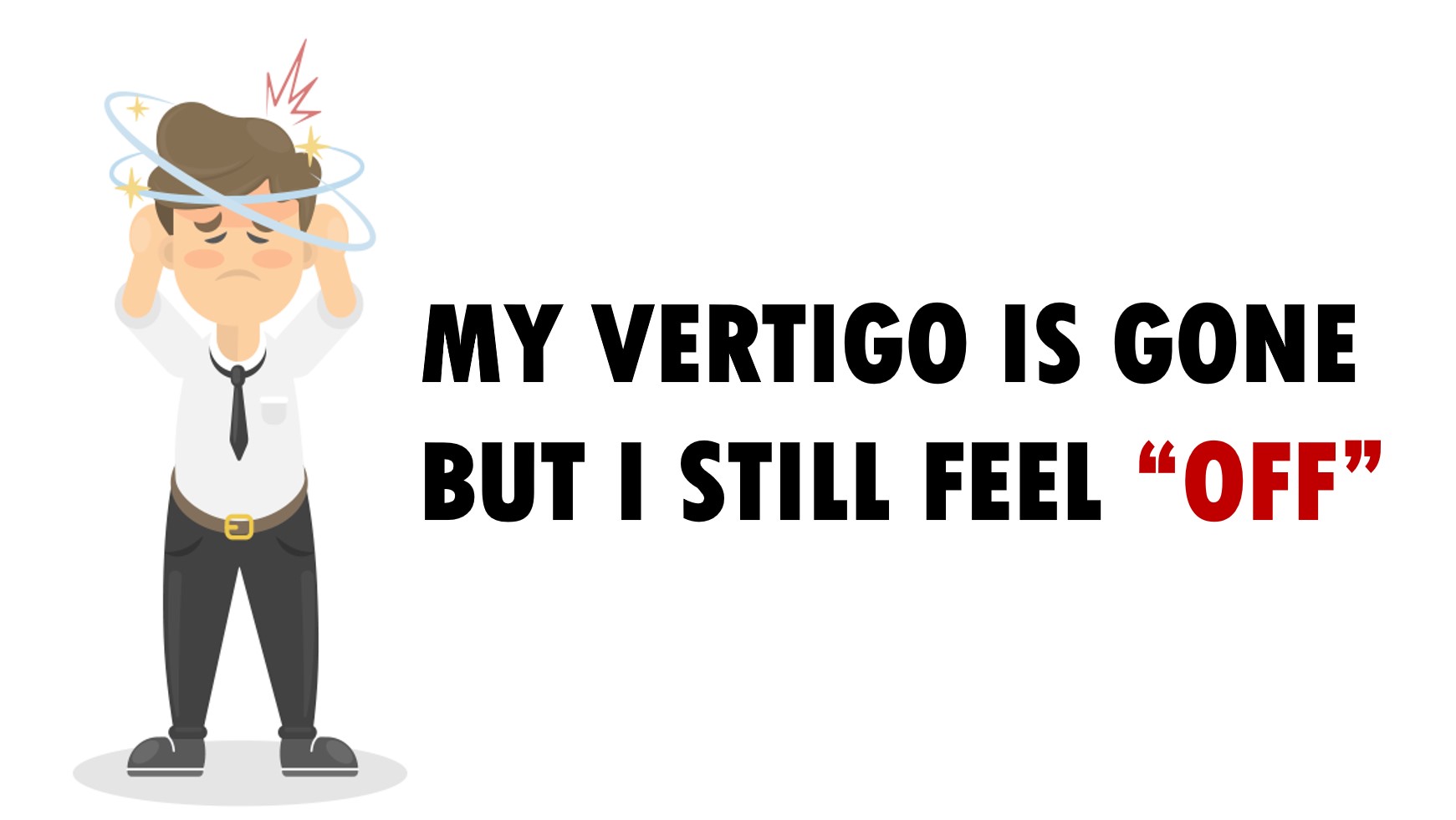My Vertigo is Gone but I Still Feel “Off”
Vertigo – a term to describe the feelings of light headedness, floating, fainting and giddiness as symptoms, lasting from few seconds to few minutes. This is generally considered to originate from inner ear or part of the brainstem governing balance.
Shortly, vertigo is a sensation of feeling off balance or feeling dizzy.
Being a senior neurologist in Ahmedabad, I often treat patients with Benign Paroxysmal Positional Vertigo, or BPPV. This condition is straightforward to identify and can be corrected with 1-3 treatments, but not everyone recovers fully, immediately. Some still feel “off” or spinning.
Most of the patients share the concerns like, “grocery shopping is making me uneasy”, driving is unpleasant for me” or “my balance feels a little off.”
So what’s causing post Vertigo “weirdness”
One theory to why symptoms persists, even though person is tested negative for BPPV, is that your brain was making adjustments in dealing with the vertigo problem, when it was present. Not that a patient is no longer a BPPV positive, these adjustments are no longer needed and hence the brain needs time to “reset” back to normal.
For most people, the system finds its way back to normal eventually, but it can take longer for some people compared to others.
Another theory is linked to your sensitivity to movements of head. Fact is your brain has become partially habituated to the incorrect information received by the brain from the affected ear. And then once the issue is diagnosed and treated, your brain has to readjust. As a result, you will feel more sensitive to your certain head movements or can say feeling weird.
You won’t experience the same spinning like you had earlier with BPPV. You may feel that the spinning is about to start, but then it doesn’t.
One more reason is Visual discomfort. This happens when you find yourself in an environment that challenges your vision or external support like uneven ground, lightly illuminated room, etc. You may suddenly start to feel a little uncomfortable. This is because when you had BPPV, the balance information from your ear became unreliable so you rely more on information coming from your visual senses.
This gets solved by the time when brain started to realize that information from the ears can be relied upon once again.
So what can be done?
Your neurologist will prescribe few daily exercises that focus on overcoming specific challenges or triggers. This helps to restore the correct and reliable interpretation of the information coming from the corrected inner ear.
Your dependence on visual inputs can be reduced and you can become desensitized to head movements. This process normally happens very quickly with the proper vestibular rehabilitation program.







